Your 2025 Guide to Cholesterol: 9 High-Impact Foods You Need to Know About
As we step into 2025, the journey to maintaining optimal cholesterol levels becomes increasingly significant, given the evolving understanding of diet and heart health. With cardiovascular diseases still a leading cause of mortality worldwide, managing cholesterol is more crucial than ever. This article explores the essential foods that can transform your cholesterol management strategy. Each food item is backed by recent scientific research and expert recommendations, ensuring you have the most up-to-date guidance. By integrating these foods into your daily regimen, you can embark on a proactive path toward heart health, making informed dietary choices that align with contemporary nutritional insights.
1. The Power of Oats
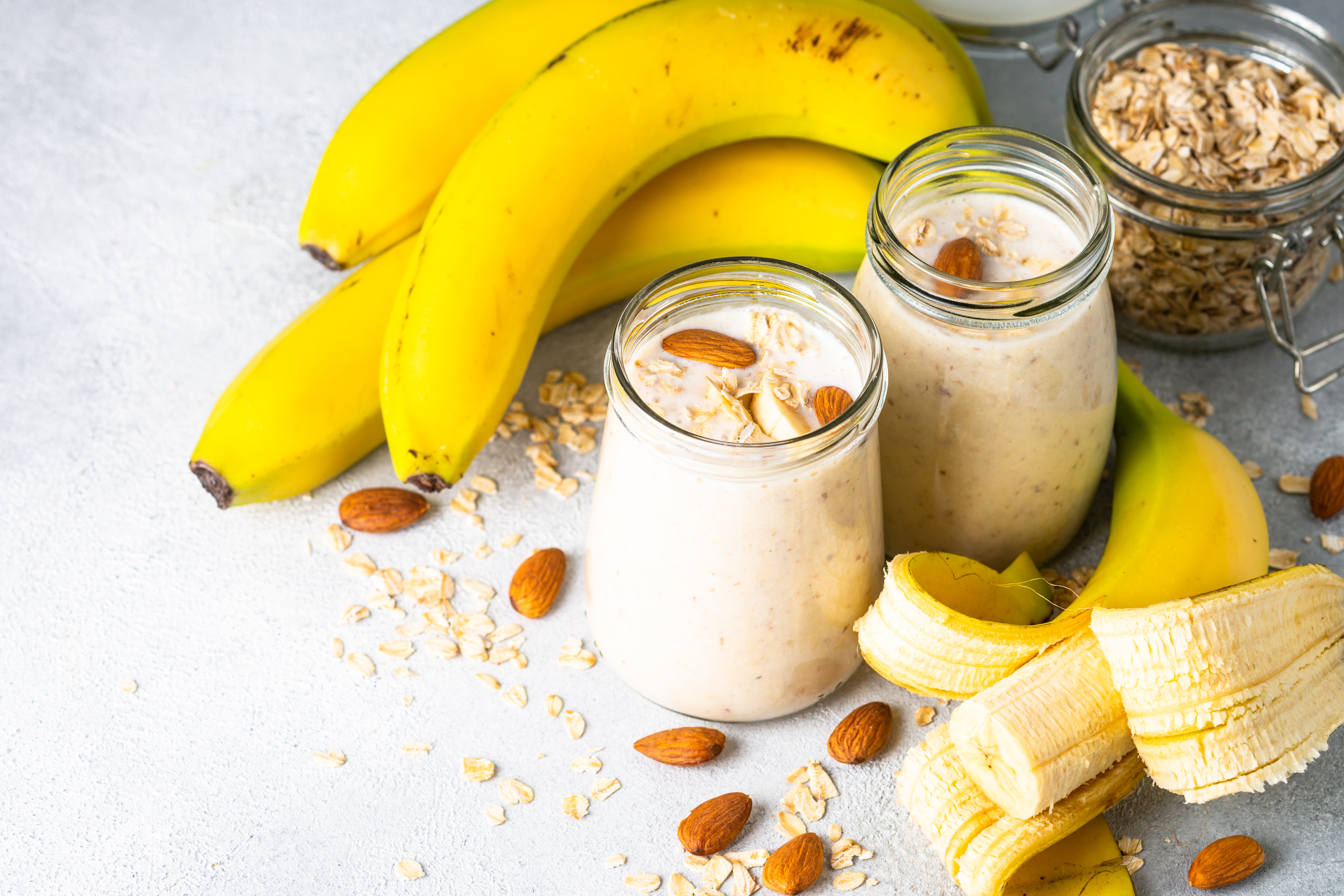
Oats have long been celebrated for their heart-healthy properties, primarily due to their high soluble fiber content, specifically beta-glucan. This type of fiber is known for its ability to reduce LDL cholesterol levels—the "bad" cholesterol—by forming a gel-like substance in the gut that binds to cholesterol-rich bile acids. Recent studies have reinforced oats' efficacy, showing that a daily intake of at least 3 grams of beta-glucan can lower cholesterol levels by 5 to 10%. Incorporating oats into your breakfast routine, such as in oatmeal or overnight oats, is a simple yet effective strategy to manage cholesterol levels in 2025.
2. Embracing the Benefits of Avocados
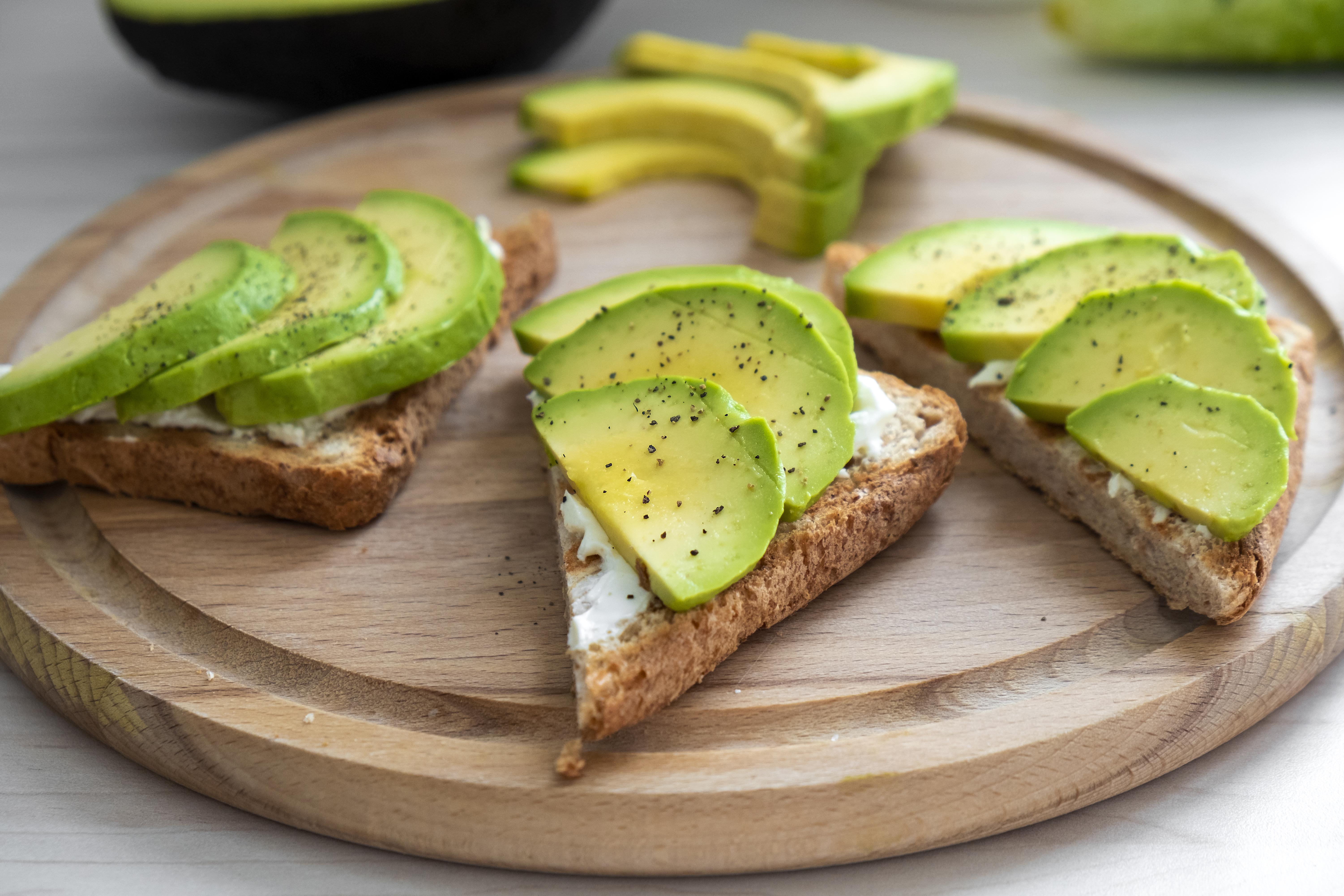
Avocados have gained popularity not only for their creamy texture and versatility but also for their heart health benefits. Rich in monounsaturated fats, avocados can help reduce LDL cholesterol while increasing HDL cholesterol—the "good" cholesterol. A study published in the Journal of the American Heart Association in 2023 highlighted that incorporating one avocado daily can significantly improve lipid profiles. Moreover, avocados are packed with fiber and antioxidants, contributing to overall cardiovascular health. Whether enjoyed in salads, smoothies, or as a spread, avocados are a delicious way to support your cholesterol journey.
3. The Role of Fatty Fish

Fatty fish such as salmon, mackerel, and sardines are excellent sources of omega-3 fatty acids, which are crucial for heart health. These essential fats help lower triglyceride levels, reduce inflammation, and may even modestly lower blood pressure. The American Heart Association recommends consuming at least two servings of fatty fish per week to harness these benefits. Omega-3s also play a role in raising HDL cholesterol levels, adding another layer of protection against heart disease. By incorporating fatty fish into your diet, you can take a significant step towards better managing your cholesterol in 2025.
4. Nuts for Heart Health
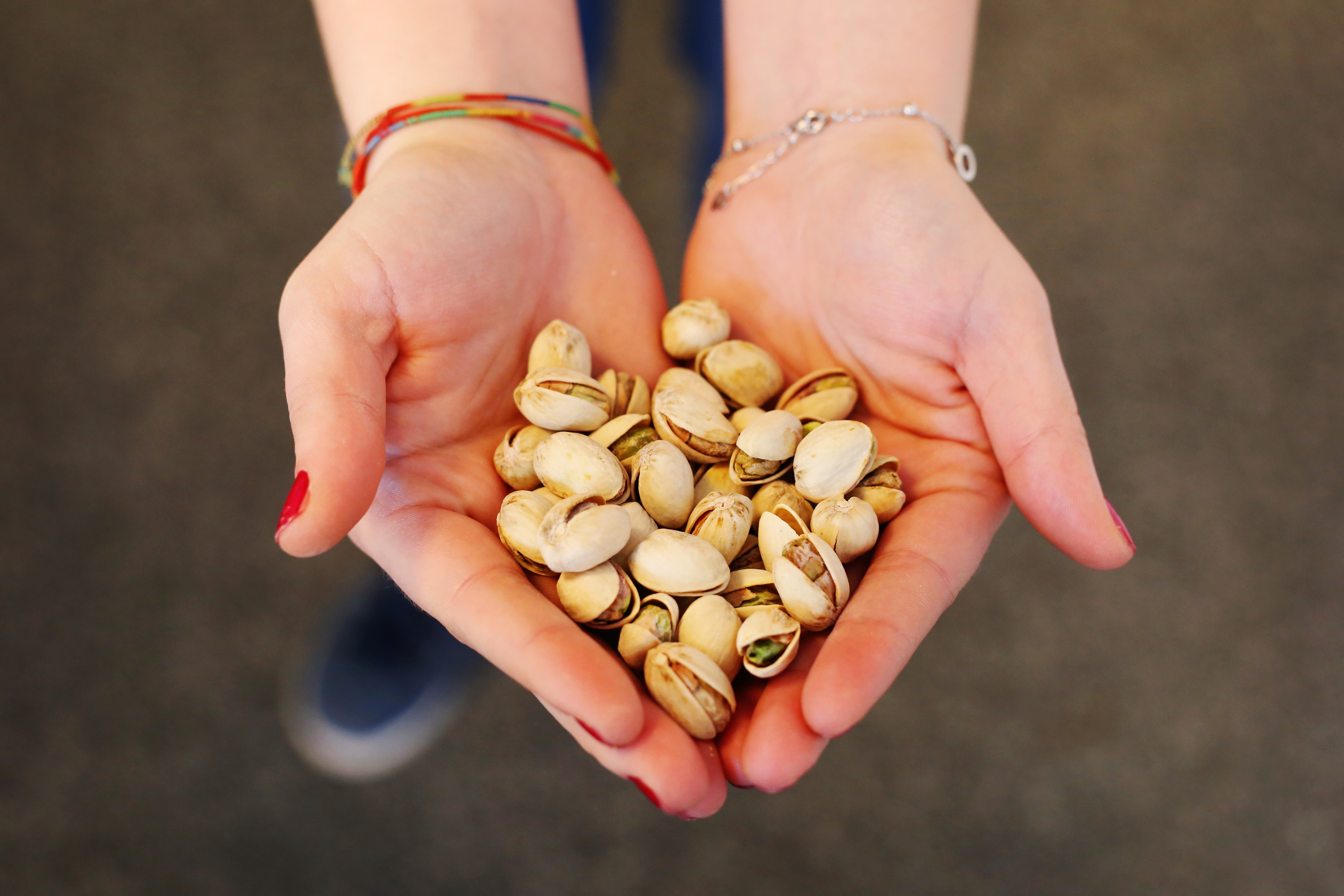
Nuts, including almonds, walnuts, and pistachios, are nutrient-dense foods that provide a host of heart health benefits. They are rich in unsaturated fats, fiber, and plant sterols, all of which contribute to lowering LDL cholesterol levels. A meta-analysis conducted in 2024 found that regular nut consumption can reduce the risk of coronary heart disease by approximately 30%. Nuts also offer a satisfying crunch and can be easily integrated into meals or enjoyed as snacks. By choosing a handful of nuts daily, you can enhance your cholesterol management strategy while enjoying a tasty and nutritious treat.
5. The Magic of Olive Oil
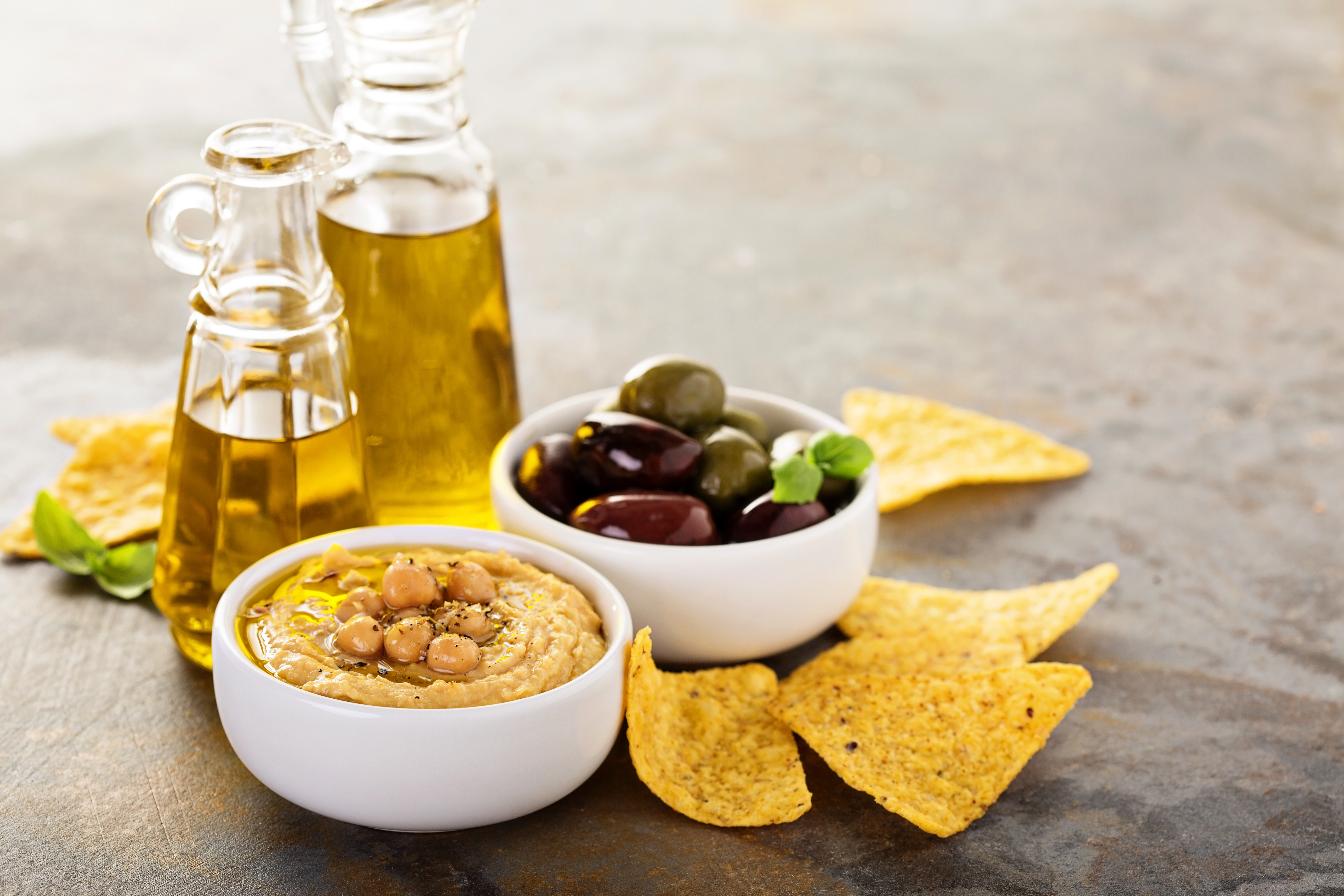
Olive oil, particularly extra virgin olive oil, is a cornerstone of the Mediterranean diet, renowned for its cardiovascular benefits. It is rich in monounsaturated fats and polyphenols, which are known to improve cholesterol levels and reduce inflammation. A 2025 study published in the Journal of Nutrition found that replacing saturated fats with olive oil can lead to a significant decrease in LDL cholesterol levels. Moreover, olive oil's antioxidant properties support overall heart health. Using olive oil as your primary cooking fat and in salad dressings can be a simple yet effective way to support your cholesterol journey.
6. Legumes for Longevity
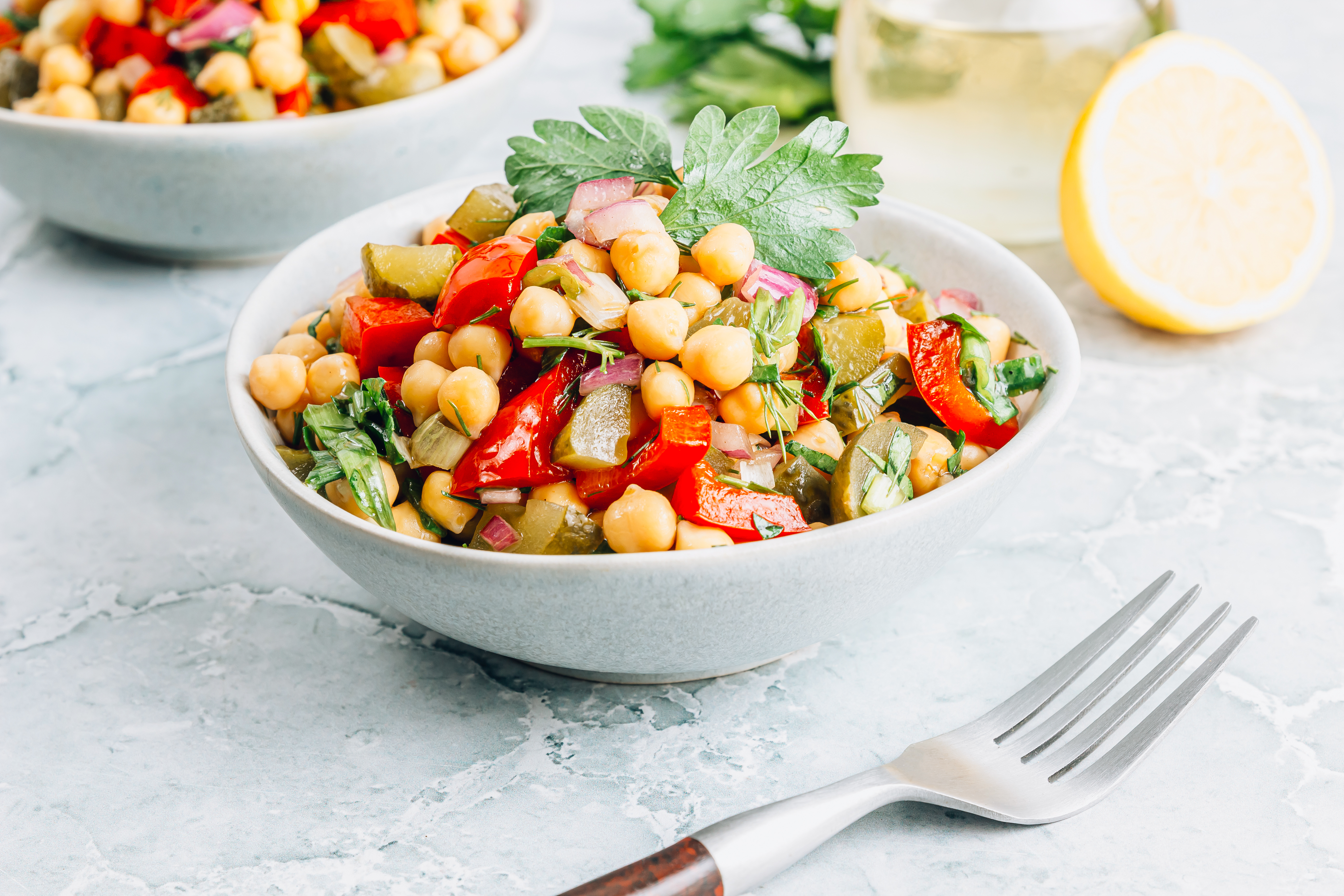
Legumes, including beans, lentils, and chickpeas, are excellent sources of plant-based protein and soluble fiber, both of which are beneficial for cholesterol management. Research has shown that consuming legumes regularly can lower LDL cholesterol levels by up to 5%. They are also low in saturated fat, making them an ideal replacement for animal-based proteins. Legumes are versatile and can be incorporated into soups, stews, salads, or even as a meat substitute in various dishes. By making legumes a staple in your diet, you can contribute to healthier cholesterol levels and overall longevity.
7. The Impact of Berries

Berries, such as blueberries, strawberries, and raspberries, are rich in antioxidants and fiber, making them powerful allies in the fight against high cholesterol. The anthocyanins found in berries have been shown to improve cholesterol levels by reducing LDL oxidation and increasing HDL cholesterol. A 2025 study highlighted that consuming a cup of mixed berries daily can lead to significant improvements in lipid profiles. Berries are also low in calories and can be enjoyed fresh, frozen, or dried. Incorporating them into your diet as snacks, in smoothies, or as toppings for yogurt and cereal can enhance your cholesterol management efforts.
8. Dark Chocolate Delights

Dark chocolate, when consumed in moderation, can be a delightful addition to your cholesterol management plan. It contains flavonoids, particularly catechins, which have been shown to improve endothelial function and lower LDL cholesterol levels. A recent study in 2024 found that consuming a small amount of dark chocolate (at least 70% cocoa) daily can enhance heart health. Dark chocolate also provides a satisfying way to curb sweet cravings while supporting cardiovascular wellness. By choosing high-quality dark chocolate, you can indulge in a treat that aligns with your cholesterol journey.
9. The Versatility of Soy Products
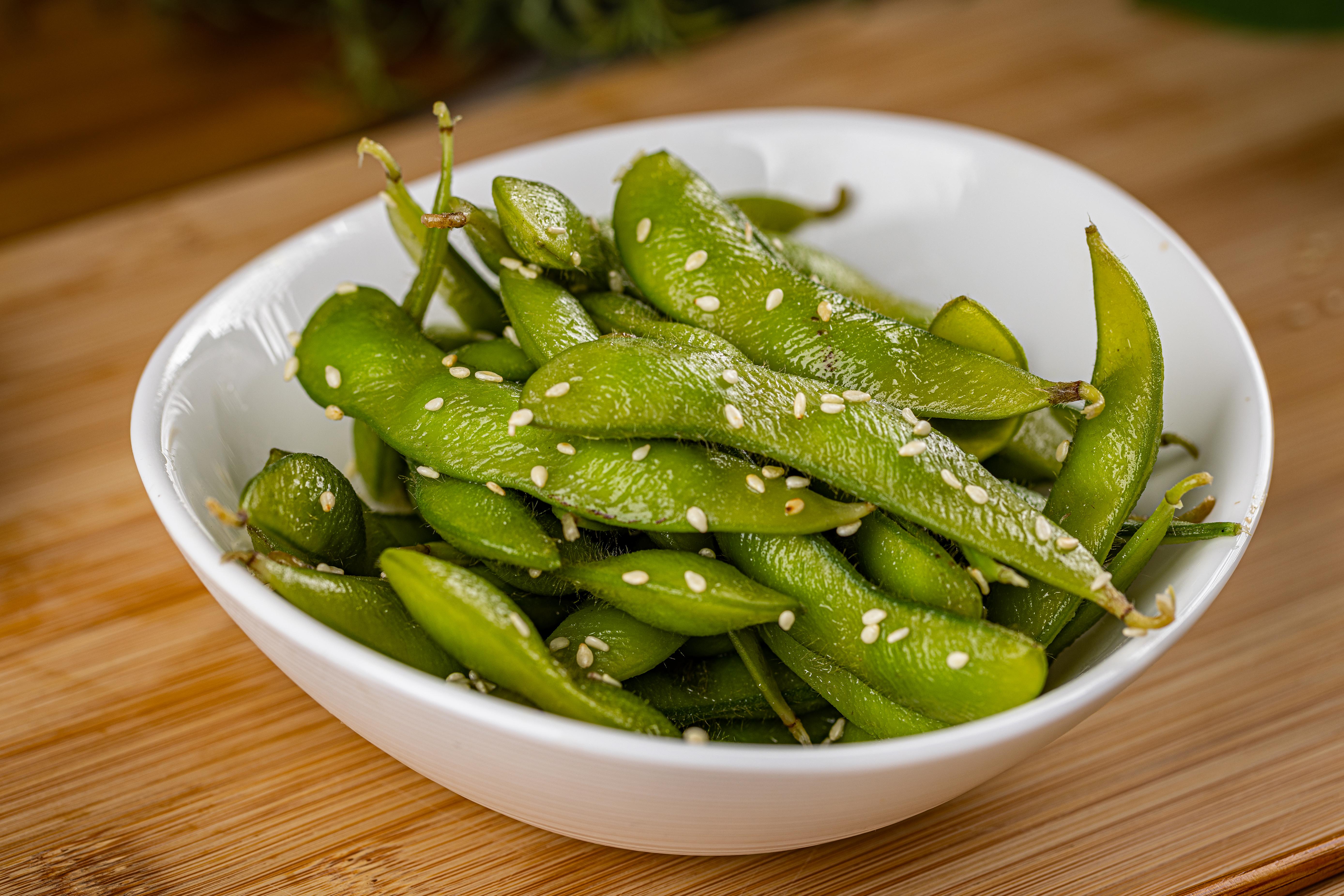
Soy products, including tofu, tempeh, and edamame, are excellent plant-based protein sources that can help lower cholesterol levels. They contain isoflavones and polyunsaturated fats, which contribute to reducing LDL cholesterol. The FDA has recognized the heart health benefits of soy, stating that consuming 25 grams of soy protein daily can decrease the risk of heart disease. Soy products are incredibly versatile and can be used in a variety of dishes, from stir-fries to smoothies. By incorporating soy into your diet, you can take advantage of its cholesterol-lowering effects and enjoy diverse culinary options.
Crafting a Heart-Healthy Future
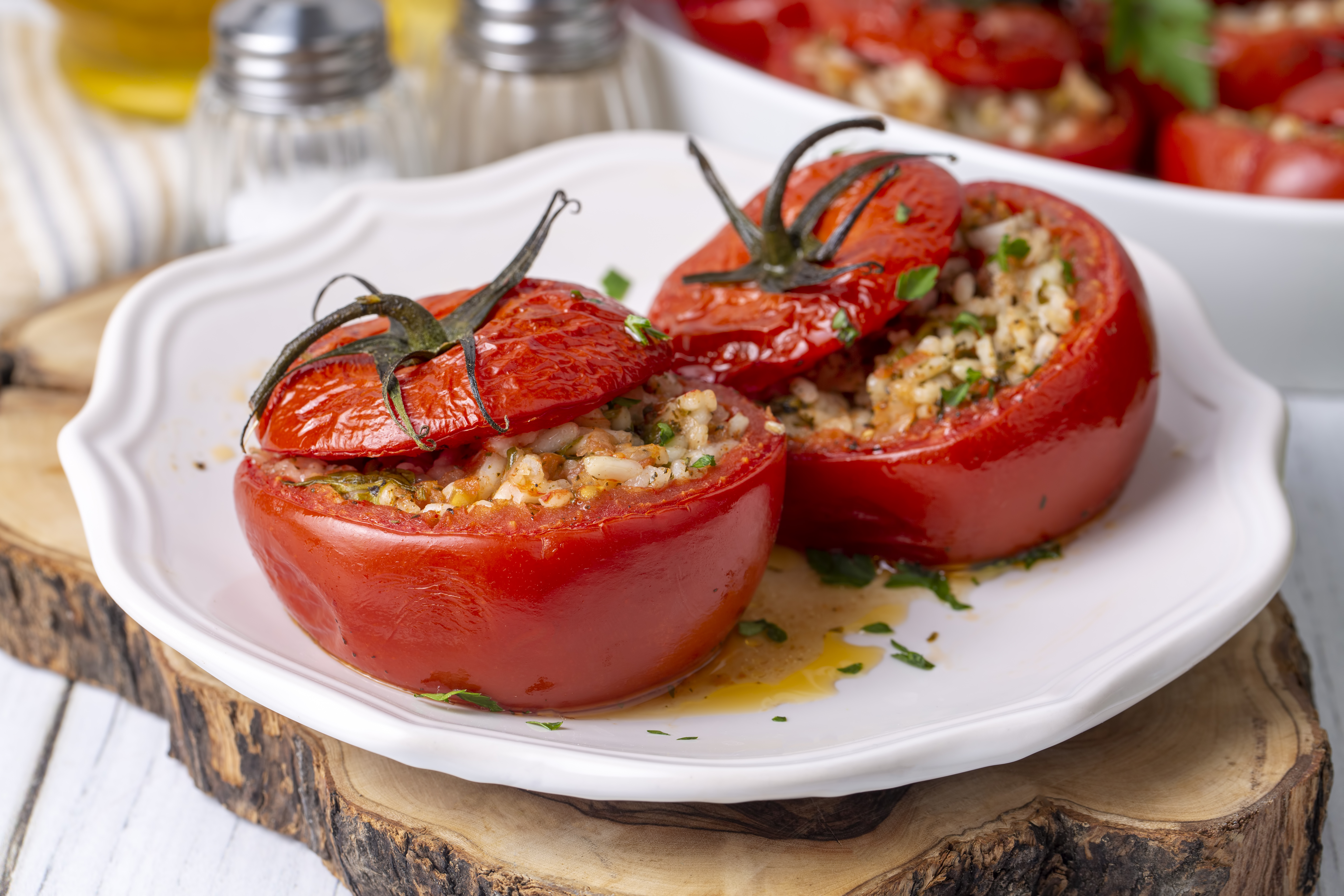
Navigating your cholesterol journey in 2025 requires a thoughtful and informed approach to dietary choices. By embracing these essential foods, you can effectively manage your cholesterol levels and support overall heart health. Each food item offers unique benefits, from the fiber-rich oats and legumes to the antioxidant-packed berries and dark chocolate. As you integrate these foods into your daily routine, you'll not only enhance your cardiovascular wellness but also enjoy a diverse and flavorful diet. With the right knowledge and commitment, you can craft a heart-healthy future that aligns with the latest nutritional insights.
